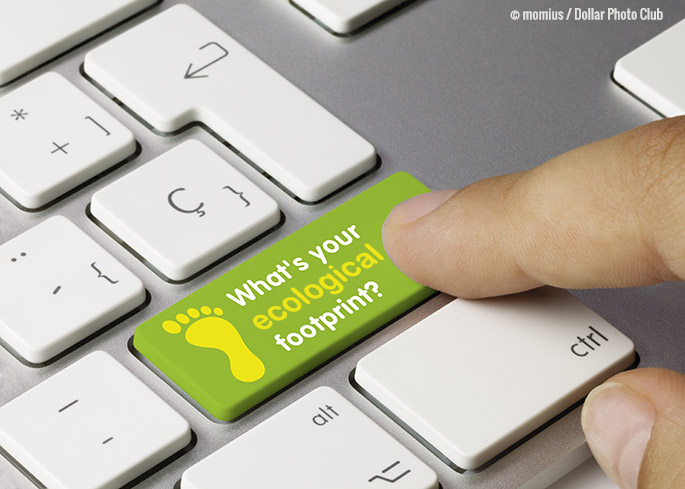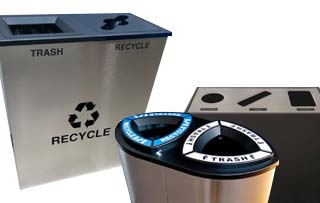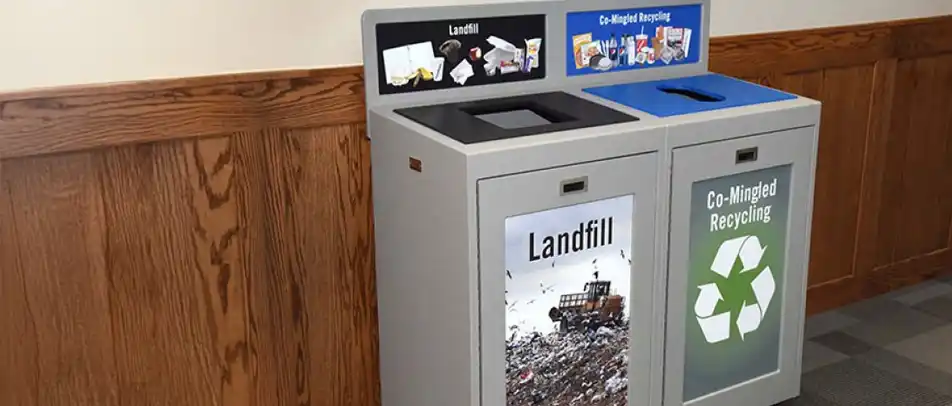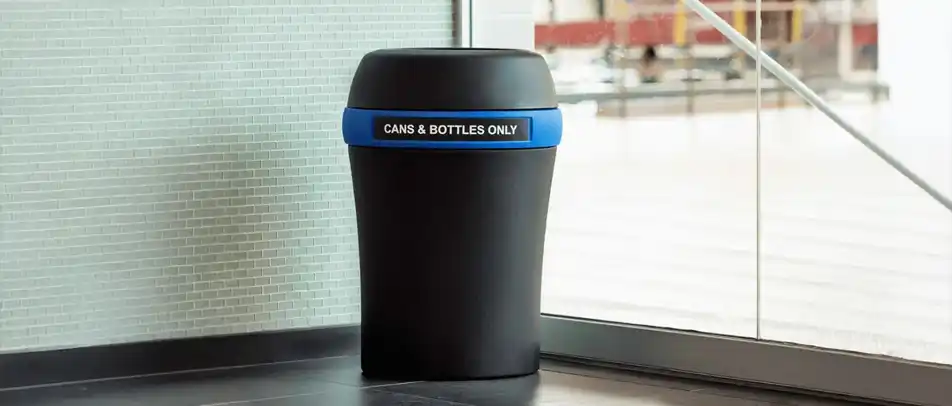
With natural disasters occurring more frequently, and people becoming more aware of global warming it is apparent that one of the main factors is human involvement. As the population continues to consume resources and produce waste, we have to question what nature’s capacity is to meet our needs. A new way to measure the human demand on the environment is through the ecological footprint.
The Ecological Footprint
Simply put, the ecological footprint is one of the leading ways to measure human’s demand for natural capital combined with our planet’s ability to support our habits and regenerate itself. Each individual is accountable for their footprint based on the choices they make every day. Factors like how much you drive, whether you recycle, how much waste your produce, and the type of products you purchase can directly influence your footprint.
Footprint in the workplace
As it pertains to your business, you have a large influence on the use of the planet’s resources. Along with make sustainability work, Redefining Progress lists the various ways to make your business eco-friendly and environmentally sustainable:
Communication. You can use your ecological footprint to communicate about the transference of sustainability within your organization and to the public you service.
Evaluating risks. It is important to decipher your company’s potential economic and social strains, and what implications it has on the environment. Then plan a course of action accordingly.
Observable goals. Use the ecological footprint to as a framework to create clear and observable goals for your internal and external accountability. Think about placing recycling bins next to the trash cans, and then plan to actually recycle those cans and bottles within your organization. Print out short memos and letters on half sheets of paper, rather than whole sheets. The little things can promote an eco-friendly workplace and a more viable world.
























































































 Three Ways to Engage Teams and Clients to Maximize Your Recycling Program Engagement
Three Ways to Engage Teams and Clients to Maximize Your Recycling Program Engagement  How to Integrate Accessibility Into Your Sustainability Planning
How to Integrate Accessibility Into Your Sustainability Planning  Why Park Benches Can Promote Workplace Well-Being
Why Park Benches Can Promote Workplace Well-Being 
